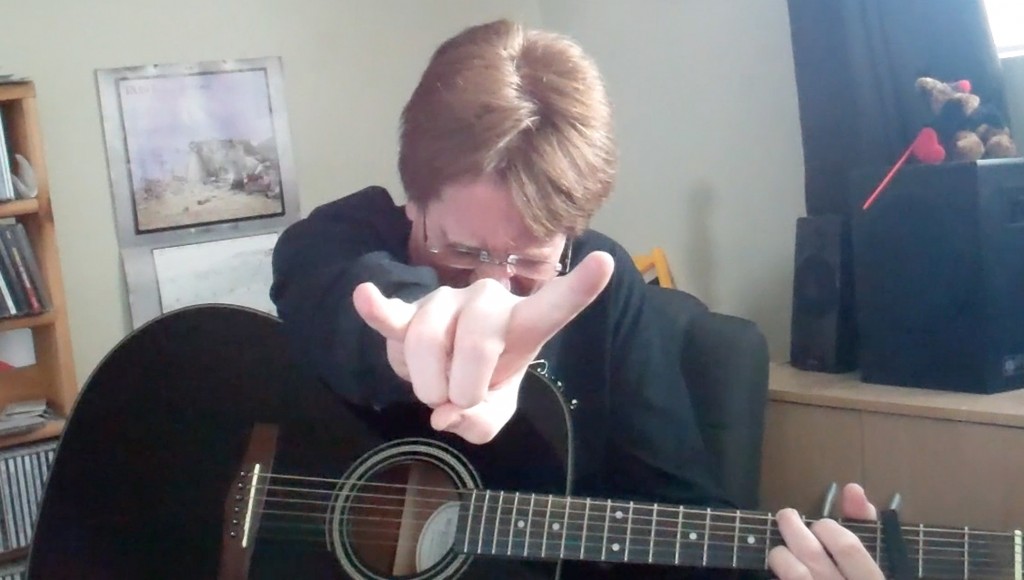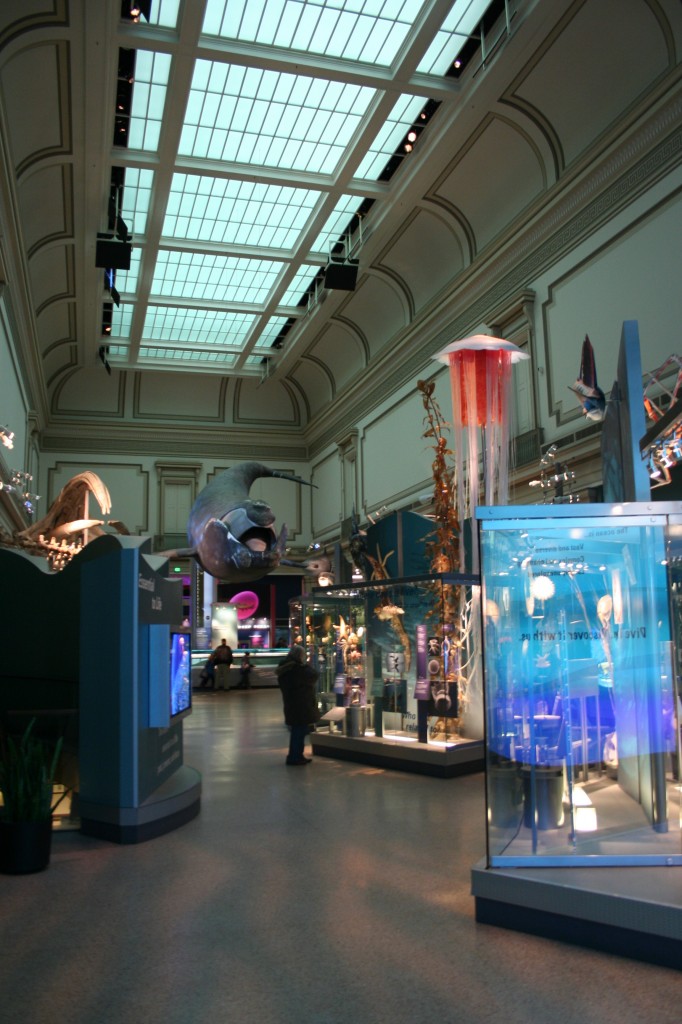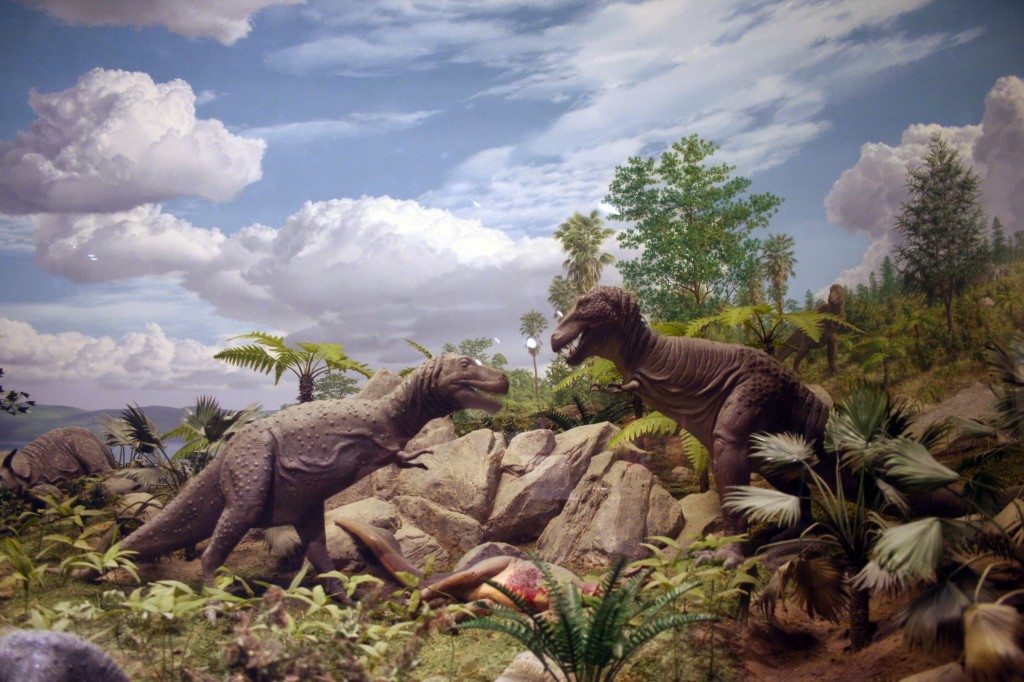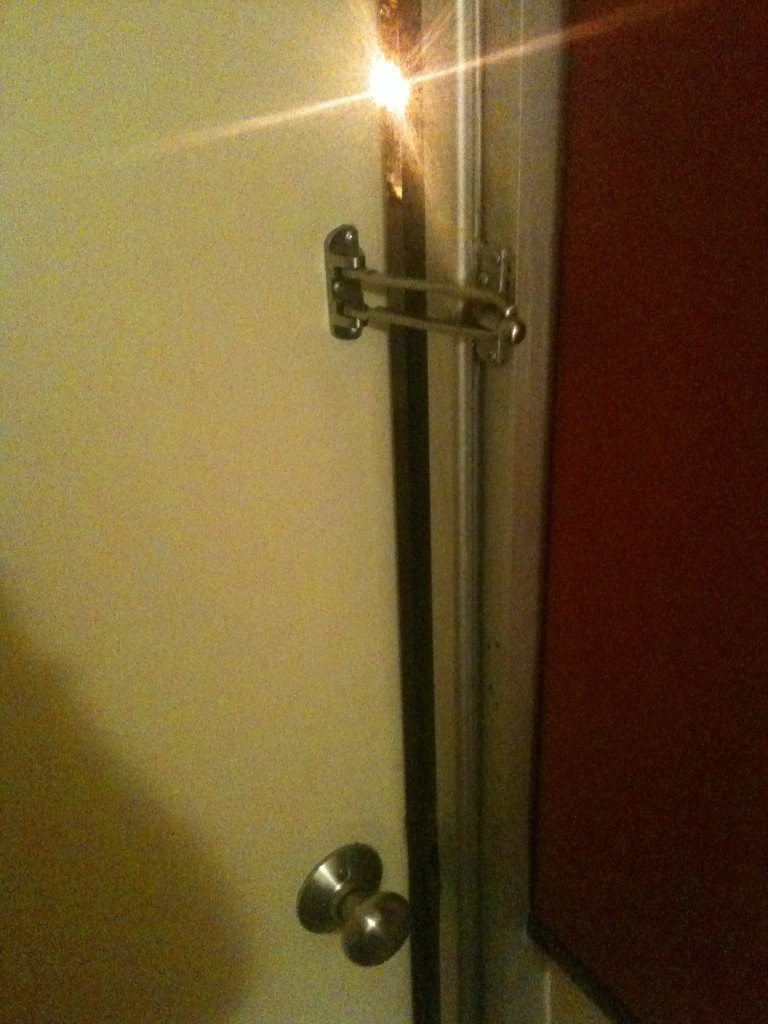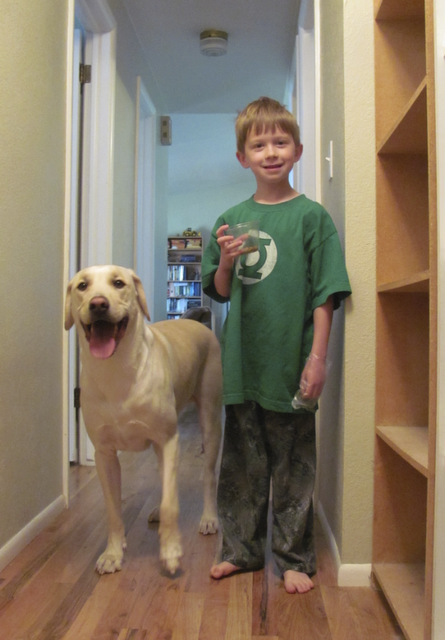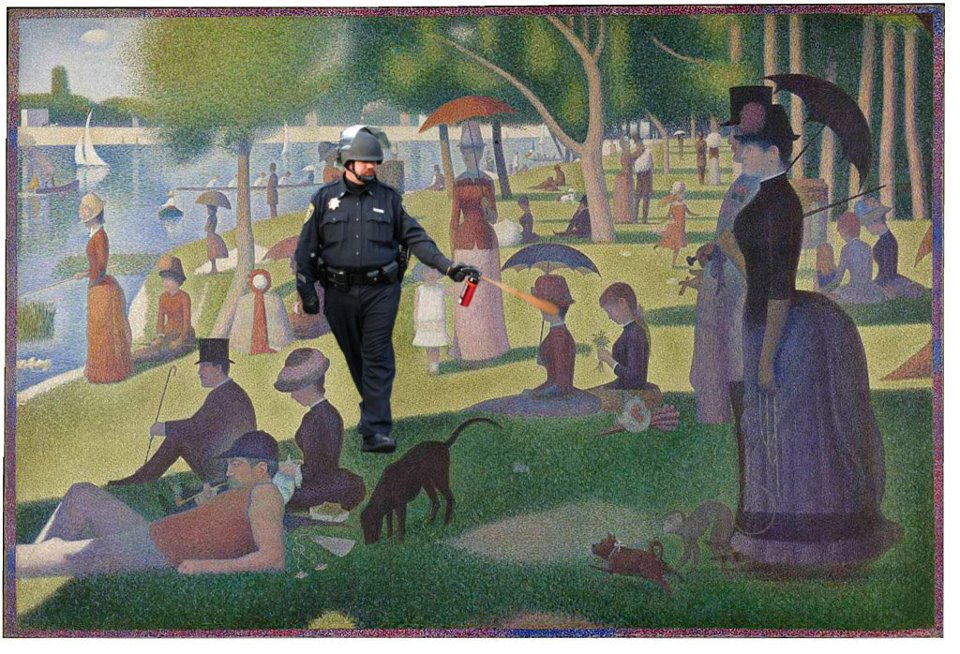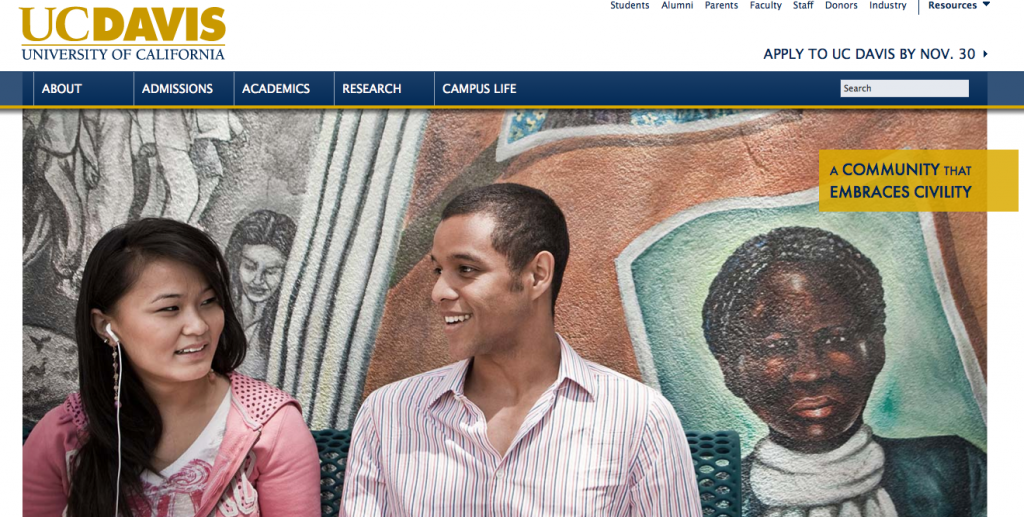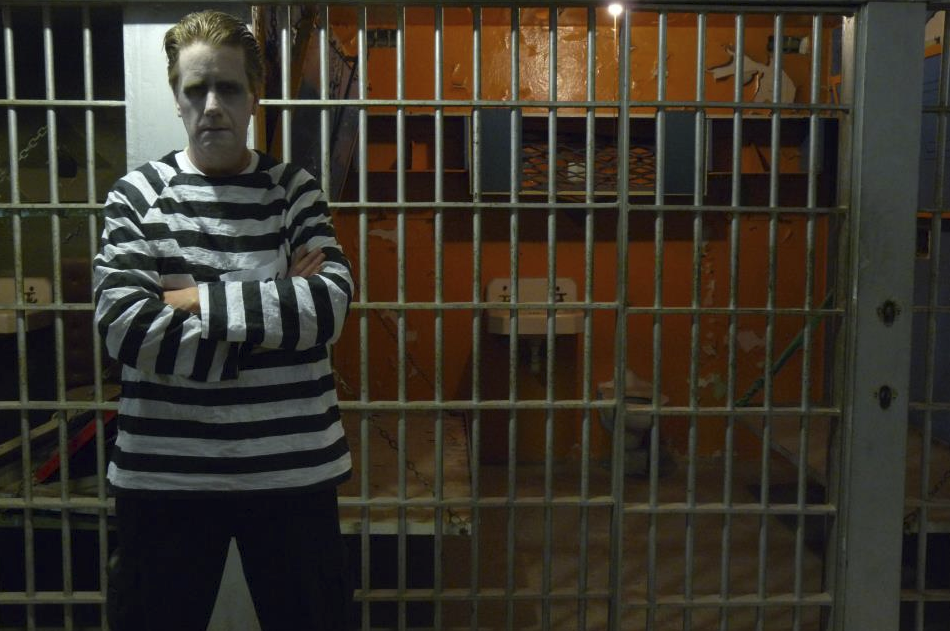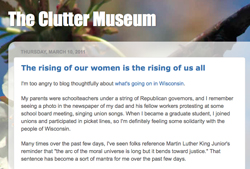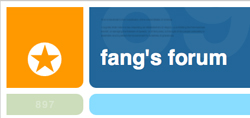It’s almost the end of the semester here. I’m knee-deep, soon to be hip-deep, in grading. Wheeeeeeeee!
- I’m collaborating on a grant proposal. I recently took the lead on a small but significant part of the project. An organization with whom I thought it would make sense to collaborate just quoted me a price tag for their participation that is, oh, 9 to 15 times what I expected it to be. And these are people with whom I genuinely wanted to collaborate, in part to establish a long-term relationship that would be beneficial to us all. FML.
- Fortunately, I’ve found similar organizations that are willing to step into that breach, and for 1/3 the cost of what I expected to pay. Yay!
- My students are finishing up their 40-person group project, and I’m concluding this semester’s students-with-iPads experiment. I’ll have more to say about that, I’m sure, when I see the final product.
- The final product is going to require a bunch of technical work from me. It will test the limits of my WordPress knowledge, I suspect, but the PHP and CSS that don’t kill
memy site only make mestrongermore likely not to mess it all up in exactly the same way next time. - I also had an honest-to-goodness research question, with human subjects approval and everything, related to the mobile learning experiment this semester. More on that this summer, once I tally students’ responses to the surveys and card sorts.
- I remember there was a time when I was desperate for journal article ideas. Now I have more than I can write. It’s not a bad problem to have.
- I had two digital history interns this semester, and the work they’ve done has been really helpful to me and fun and useful for them. I have a little bit of summer money to throw their way, too, so they can continue with the project.
- I learned today from a reputable source that a key administrator thinks my plan to fully integrate digital humanities training into our public history M.A. program is solely a ploy to put “toys” (iPads) into faculty hands. Methinks a conversation is in order.
- I just had a really nice invitation extended to me from another key administrator. It’s nice to know my work with technology is being recognized around here.
- I’ve also had lots of warm fuzzies from students lately, in that way that only students can give compliments–you know, along the lines of “I fucking hate my other classes this semester. I wish I had you for all my classes because I enjoy our readings and discussions so much!”
- Today I signed off on an art student’s senior exhibition pieces. She did an awesome job, and she even referenced taxidermy. (She put me on her committee because we bonded over our fascination with human hair ornaments and taxidermy on the first day of my Women in the American West class this semester.) It was fun, too, to be on a committee with three art professors.
- In other news: sugar cravings are hard. I think I’ll be happier when the summer fruit arrives.
- That said, 11.5 days into my veganism, I’m not really missing dairy. I suspect I’ll go 30 days without refined sugar or artificial sugar substitutes, and then let myself have one treat each week. The vegan thing will likely last longer, though I may be a fair-weather vegan; I have a soft spot, for example, for parmesan cheese on pasta, and for buttercream cake frosting. (If you’re a vegan who has a fabulous substitute for such things, let me know.)
- I was doing this vegan and sugar thing to see how it would make me feel. A nice side effect? I’ve lost 9 pounds over the past week and a half.
- Tonight I had a pretty damn brilliant idea for an infographic/stunning visual image. It’s good that I’m married to a graphic artist. I hope we can bring the idea to fruition.
- I’m looking forward to summer. I have too many projects, and I need to try to remember to relax and enjoy my time with the boy.
So, more good than bad. Yay.
